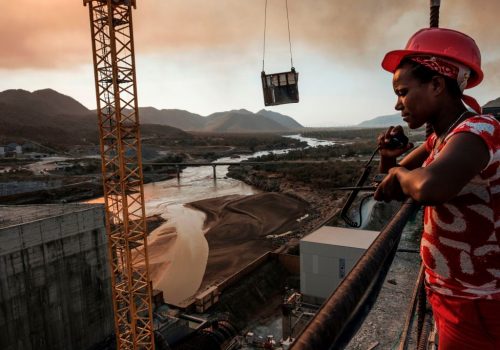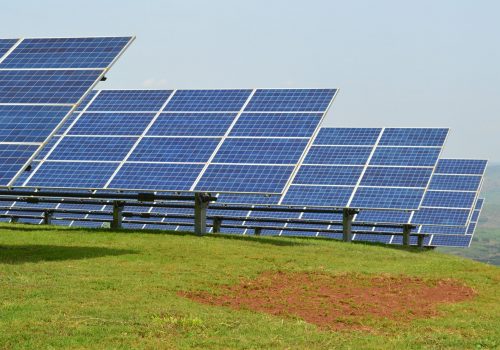Sahel: Moving beyond military containment policy report
The Sahel is at a significant turning-point. The region’s evolving security situation has been marked by the military coups across the region and the French announcement to reshape Barkhane. The recent expulsion of the French Ambassador from Mali shows how much the relations between Mali and France have been deteriorating since the military seized power in August 2020 while the Russian parastatal Wagner Group is suspected to augment local forces in the region.
It has been almost ten years since the beginning of the security crisis in the Sahel. In the throes of multiple insurgencies, Sahelian countries and their foreign allies seem to be aware of the limits of military containment. While the international community is working on a new military roadmap, the publication of the report, “Sahel: Moving Beyond Military Containment” offers the opportunity to focus on development issues, too often undermined in the international agenda.
The Sahel is an African region stretching from Mauritania on the Atlantic coast to the Red Sea. Due to its arid climate, the region often suffers from droughts and is one of the most vulnerable regions in the world to climate change.
In December 2021, the launch of the report offered the opportunity to raise the development challenges in this area. Atlantic Council hosted the ministers of economy and/or development of the G5 Sahel (Chad, Mali, Mauritania and Niger-Burkina-Faso’s government was dissolved the day before) and the United Nations Special Coordinator for Development in the Sahel to share their vision of the future of their region, from an economic sustainability, community development and human point of view. Donors can help by moving away from anti-terror kinetic operations towards civilian protection and social projects that better embed the state in local social relations and strengthen local communities in the face of difficult natural conditions.
Authors
Pierre Englebert is a senior fellow at the Africa Center at the Atlantic Council.
Rida Lyammouri is a senior fellow at the Policy Center for the New South.
Related content

The Africa Center works to promote dynamic geopolitical partnerships with African states and to redirect US and European policy priorities toward strengthening security and bolstering economic growth and prosperity on the continent.
Image: October 12, 2013: A group of young people traveling like stowaways on wagons loaded with iron ore on the trans-Saharan train that crosses the Sahara desert, from the mining city of Zouerat, to the commercial port of Nouadhibou, Mauritania.


